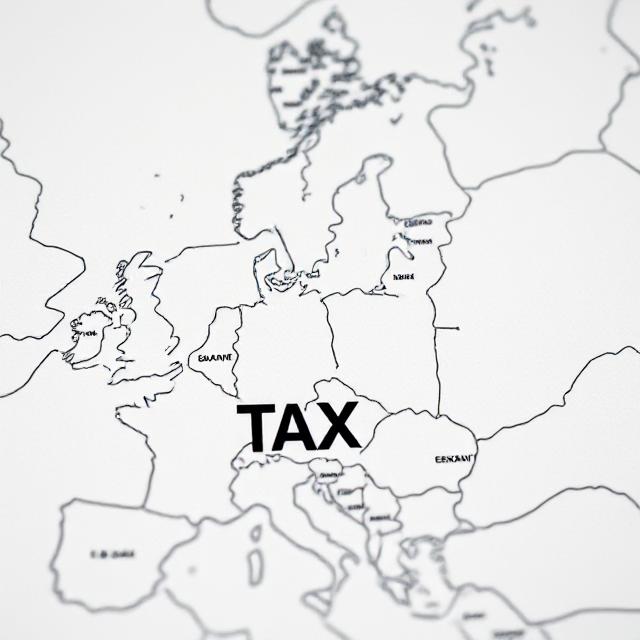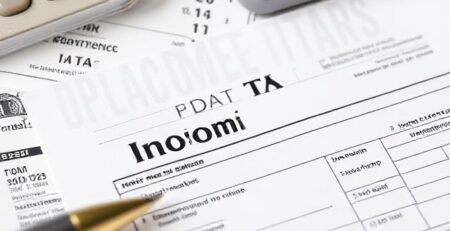Are Tax Rates High in Germany? A Complete 2025 Guide
Introduction
Germany is known for its strong economy, high-quality healthcare, and social security—but these benefits come at a cost. The country has one of the highest tax burdens in Europe, impacting salaries, businesses, and investments.
If you’re moving to Germany, working remotely, or investing, understanding its tax system is crucial. This guide covers:
✔ Germany’s income tax rates (2024 brackets)
✔ Social security contributions (healthcare, pension, unemployment)
✔ Corporate & VAT taxes for businesses
✔ Tax-saving strategies for expats & freelancers
✔ How Germany compares to other EU countries
By the end, you’ll know exactly how much tax you’ll pay—and how to legally reduce it.
Germany’s Income Tax Rates (2025)
Germany uses a progressive tax system, meaning higher earners pay more.
1. Income Tax Brackets (2024)
| Taxable Income (EUR) | Tax Rate | Who Pays? |
|---|---|---|
| Up to €11,604 | 0% | Tax-free allowance |
| €11,605 – €66,760 | 14% – 42% | Progressive rate |
| €66,761 – €277,825 | 42% | Base rate |
| Above €277,825 | 45% | “Rich tax” (Reichensteuer) |
*(Note: Church tax (+8-9%) applies in some states.)*
2. Average Effective Tax Rate
- Single earner (€50,000/year): ~32% tax + social security.
- High earner (€100,000/year): ~42% total deductions.
Social Security Contributions (Nearly 20% of Salary!)
On top of income tax, employees pay:
✔ Pension Insurance – 18.6% (split employer/employee)
✔ Health Insurance – 14.6% (+ additional private insurance)
✔ Unemployment Insurance – 2.4%
✔ Long-Term Care Insurance – 3.4%
Example: A €60,000 salary loses €1,800/month to taxes + social security.
Business Taxes in Germany
1. Corporate Tax
- Base rate: 15%
- + Trade Tax (Gewerbesteuer): 7-14% (varies by city)
- Total effective rate: ~30%
2. VAT (Sales Tax)
- Standard rate: 19%
- Reduced rate (food, books): 7%
How to Reduce Taxes in Germany?
1. Tax Deductions for Employees
✔ Work-related expenses (Home office, relocation, training)
✔ Child allowances (€6,024/year per child)
✔ Private pension plans (Riester Rente)
2. Freelancer & Business Tax Breaks
✔ €5,000+ deductions for freelancers (Freistellungsauftrag)
✔ Lower VAT for small businesses (Kleinunternehmerregelung)
3. Avoid Double Taxation (For Expats)
✔ Tax treaties (US, UK, etc.) prevent paying twice.
Germany vs. Other EU Countries (Tax Comparison)
| Country | Top Income Tax Rate | Corporate Tax | VAT |
|---|---|---|---|
| Germany | 45% | ~30% | 19% |
| France | 45% | 25% | 20% |
| Netherlands | 49.5% | 25% | 21% |
| Switzerland | 11.5% (Zurich) | 12-15% | 7.7% |
(Germany is one of the highest-taxed in the EU.)
Is Germany’s High Tax Worth It? Pros & Cons
✅ Pros:
- Free healthcare & education
- Strong social security net
- Low crime, high infrastructure quality
❌ Cons:
- High cost of living (Berlin, Munich)
- Complex tax filings (Need a Steuerberater)
- Less disposable income vs. low-tax countries












